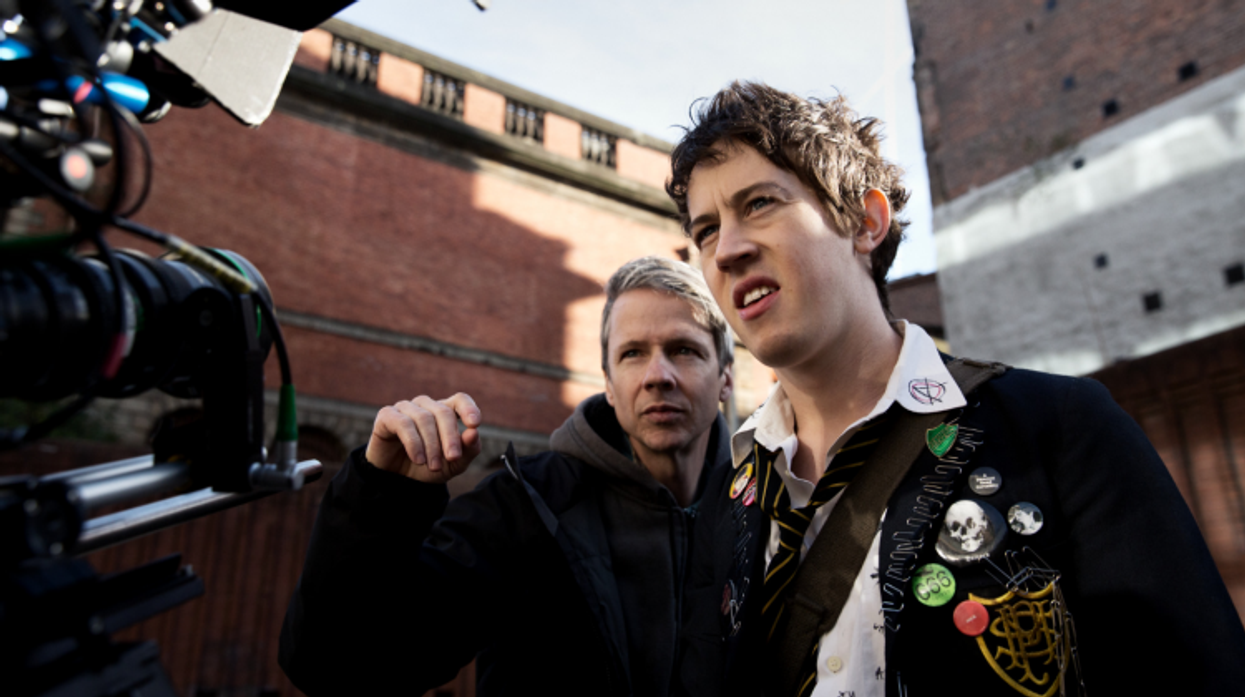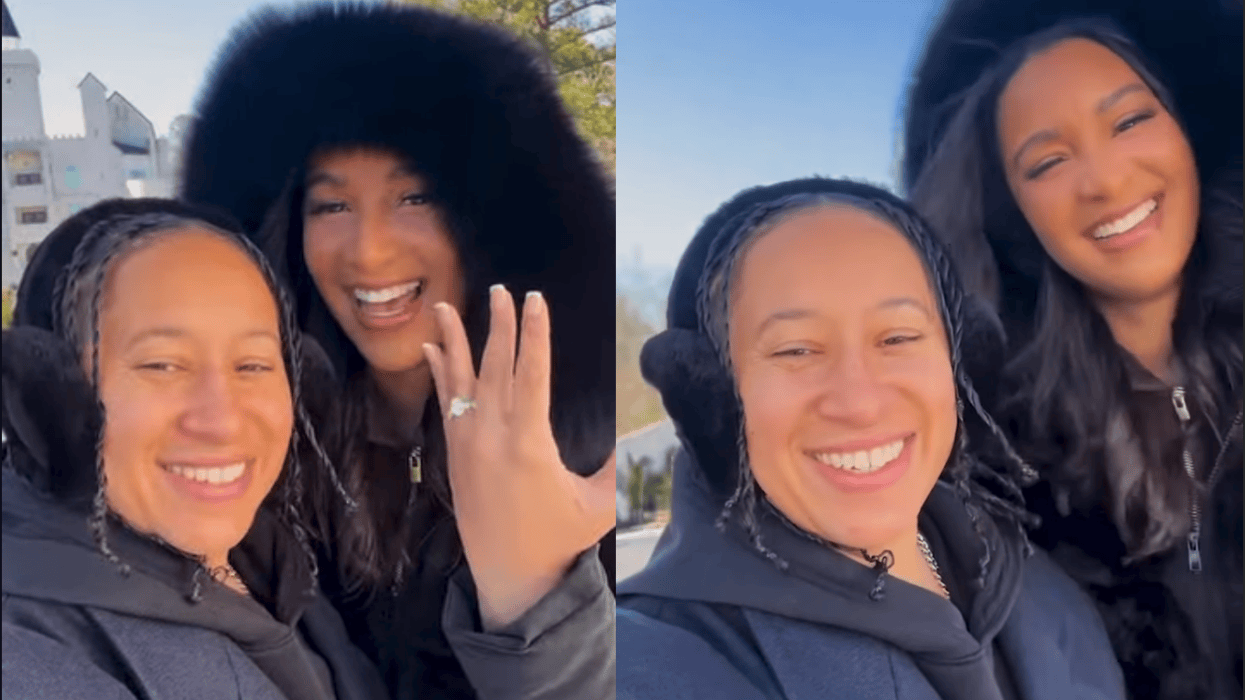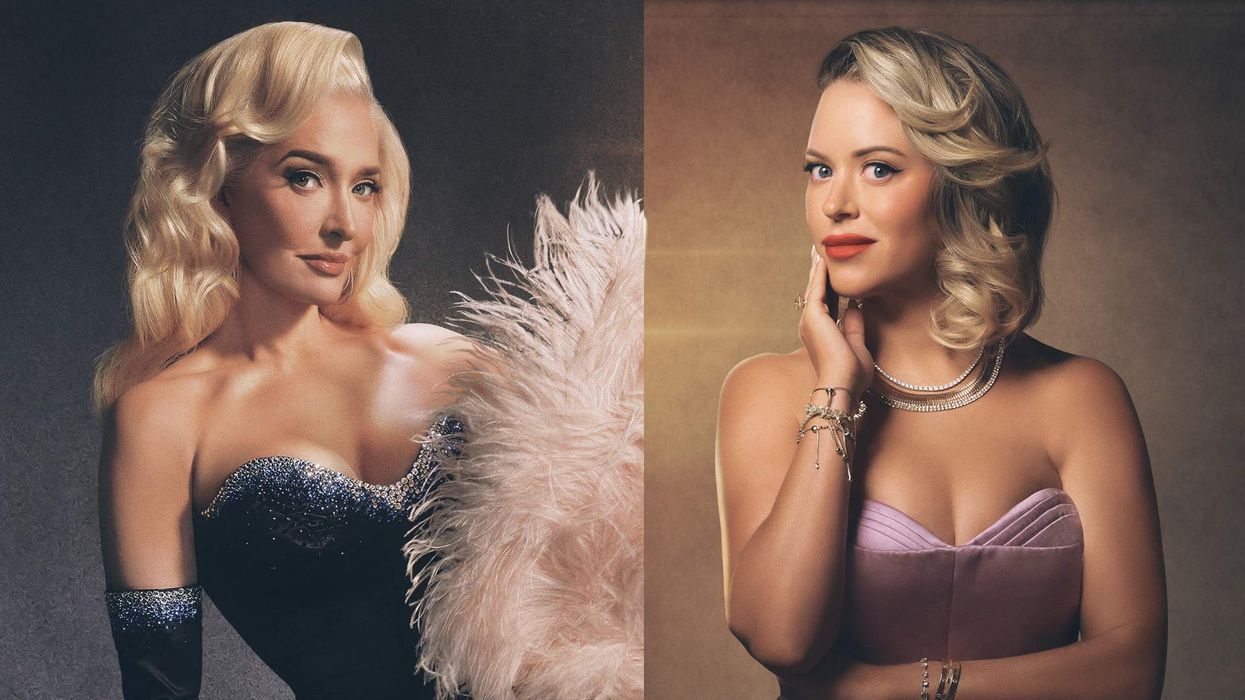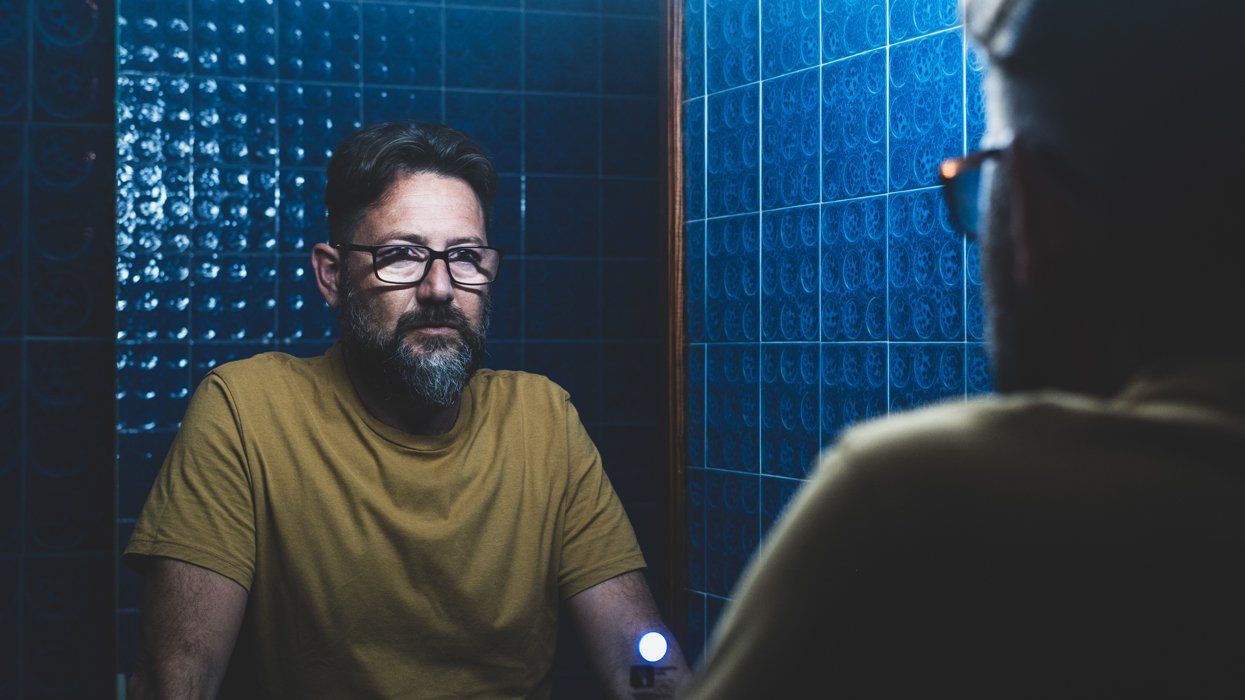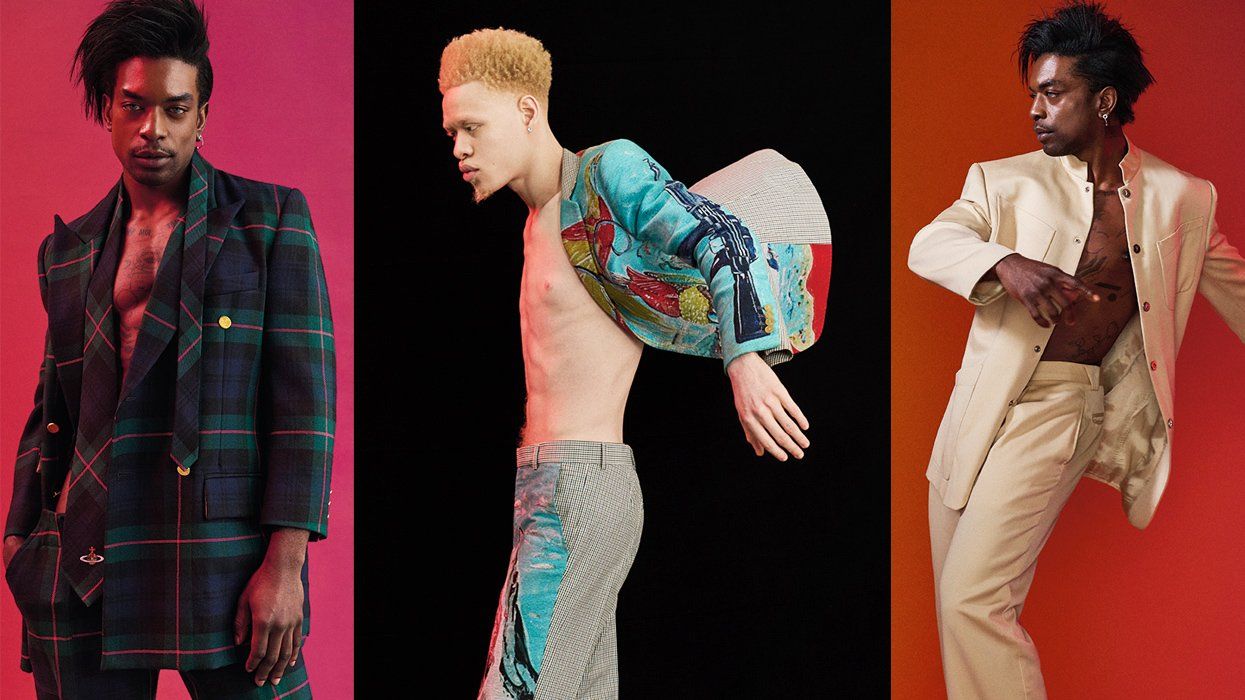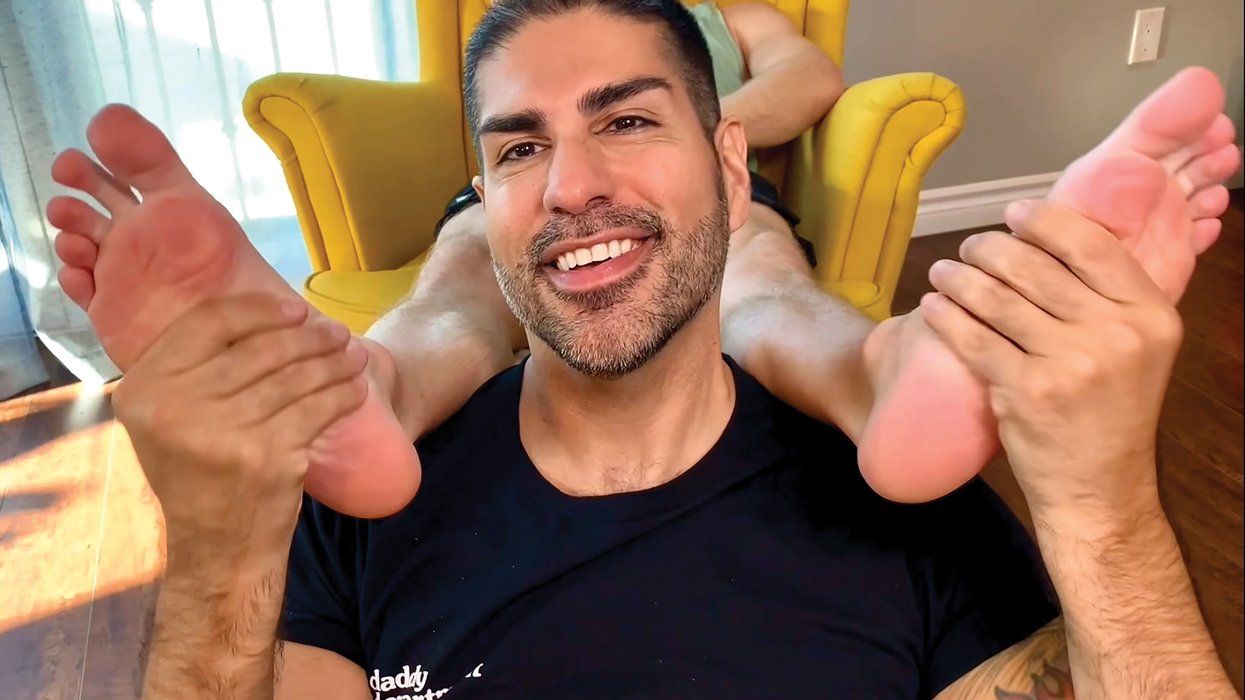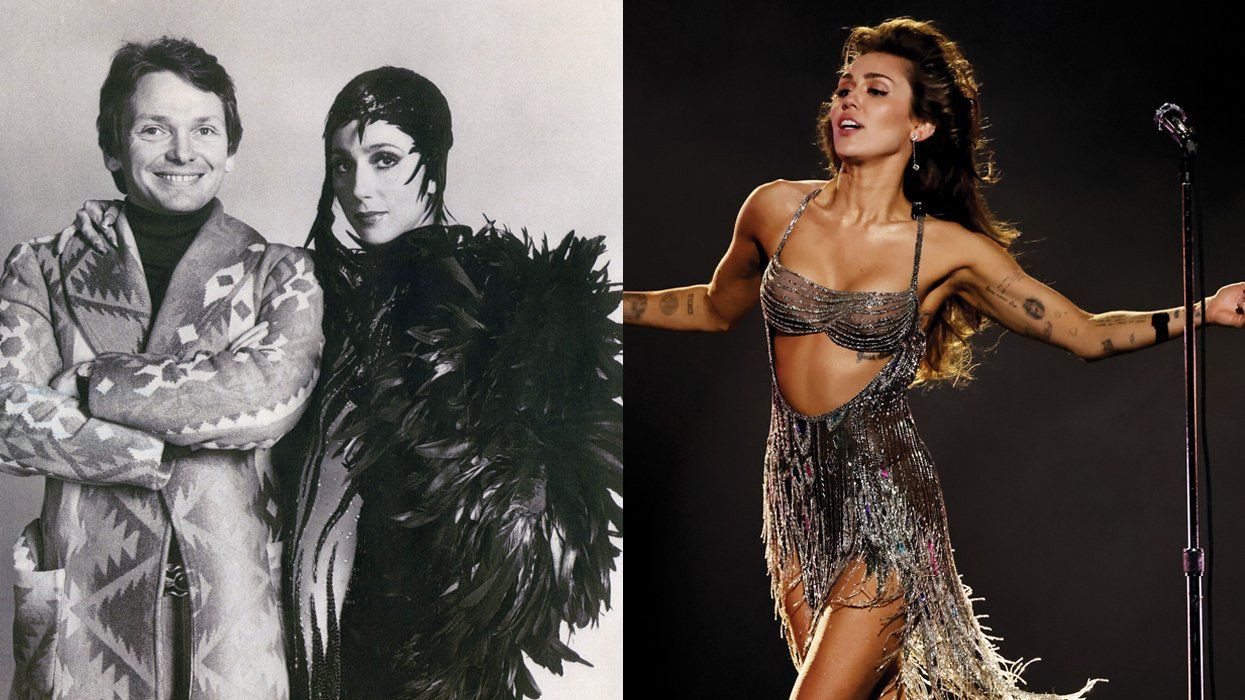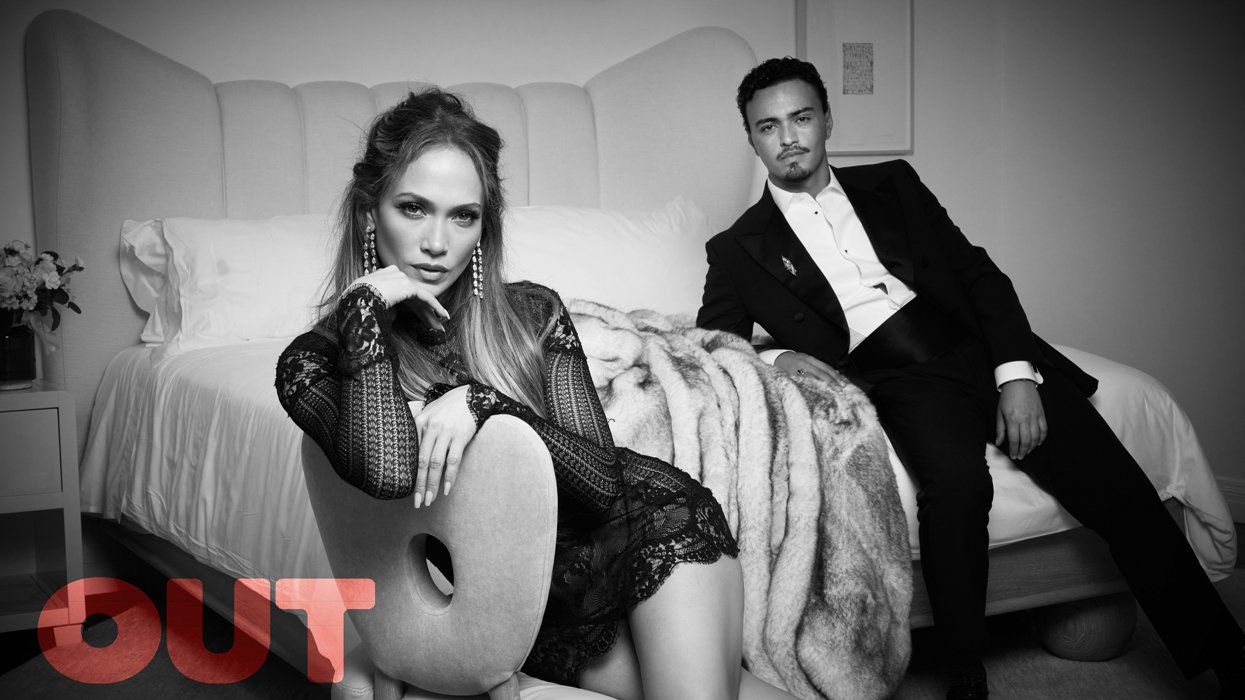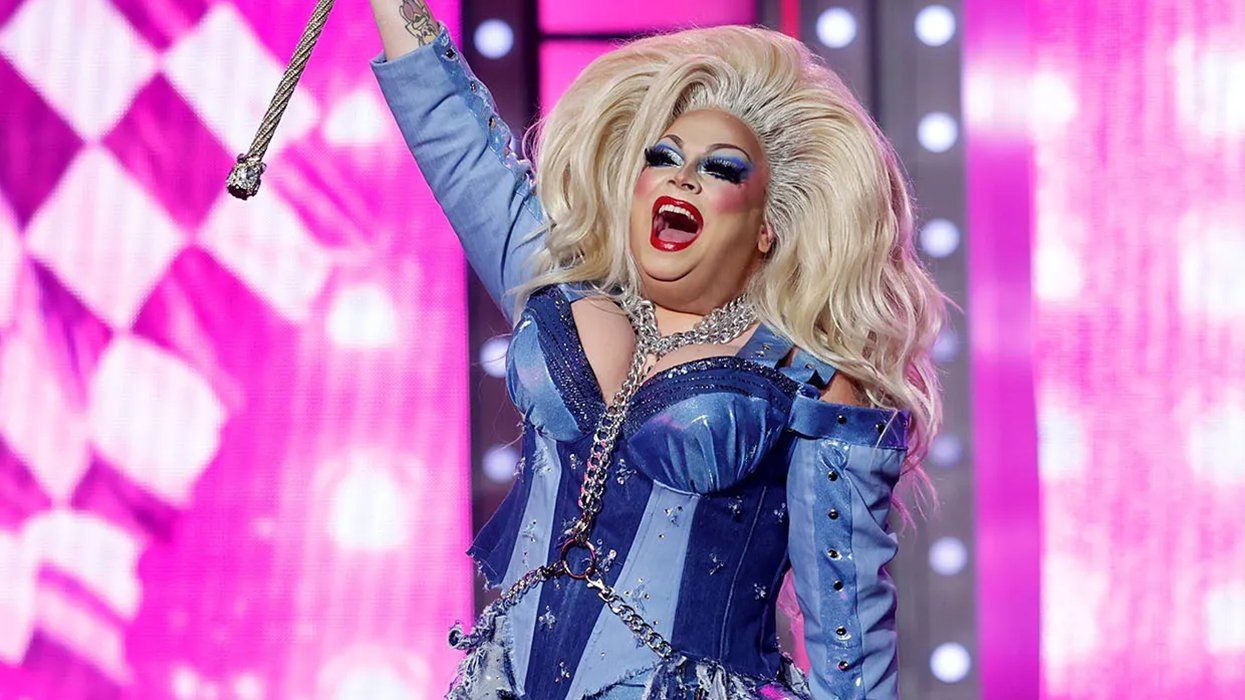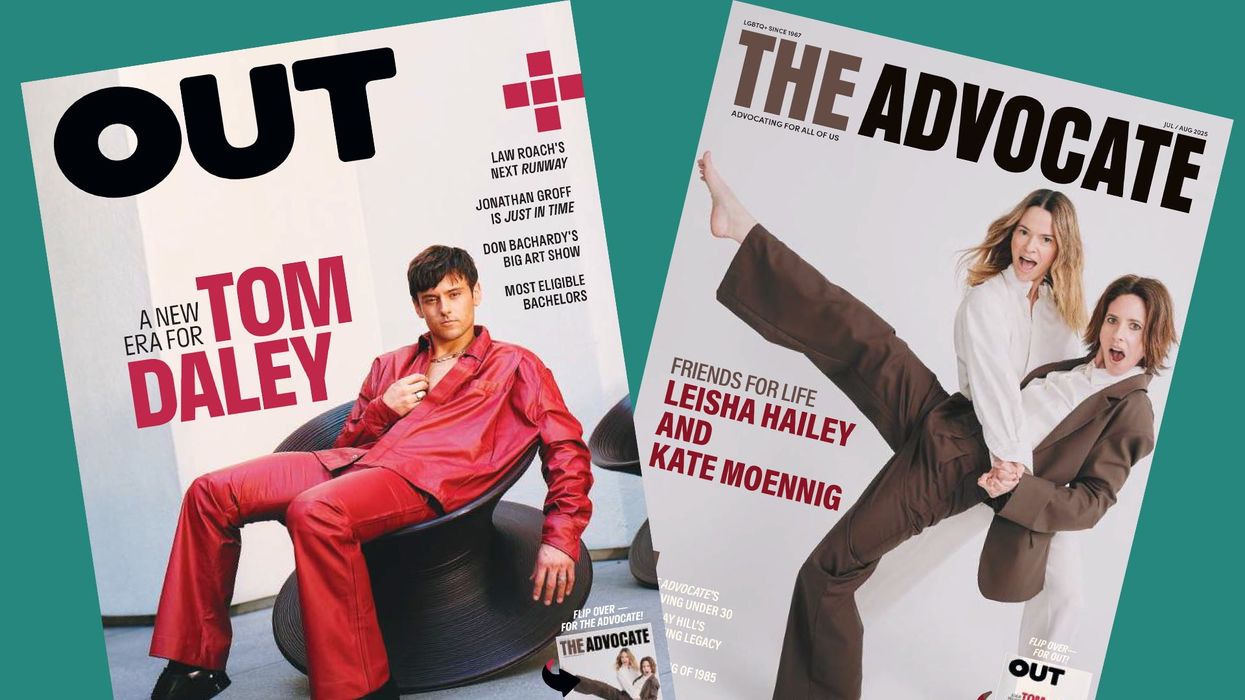John Cameron Mitchell doesn't trust the Internet.
"We used to say the Internet would save us, the Internet is god, the Internet is going to make the world more connected, and I think we find now that it just reflects our human frailties," says the prolific director, who at 55 still retains an aura of boyish mischievousness. We're sat in an airless room at the A24 offices, where Mitchell is doing rounds of interviews for his new film How to Talk to Girls at Parties, an adaptation of Neil Gaiman's 2006 short story about two punk boys who stumble across a house party full of aliens masquerading as teenage girls in 70s London.
While Mitchell may not trust the internet, he recognizes its power to connect underground communities and distribute art -- his own films Hedwig and the Angry Inch and Shortbus have been shared on the Internet after being banned in countries across the globe, in the way that the young punks of the 70s disseminated radical art through zines. And though he is something of a punk icon himself, Mitchell can't quite figure out what punk has become in the digital age.
"I like the fact that you can't put your finger on it. It's almost like sex: what is sex...I don't think punk needs to be defined. Usually it's anti-consumerist, questioning authority...It's like a fire, but the healthy kind, the kind that scorches the earth and then the new things can grow."
How to Talk to Girls at Parties greatly expands Gaiman's original story, drawing from the author's adolescence to weave a tale that attempts to filter the ephemeral political ideologies of the punk movement through a story about aliens visiting Earth as tourists rather than invaders. Elle Fanning plays Zan, the titular girl at the party who -- spoiler alert -- finds love with Enn (Alex Sharp), a bright-eyed punk idealist who makes zines with his friends when he's not sneaking into underground clubs run by Queen Boadicea, aka Nicole Kidman. Kidman is the film's obvious beacon, attempting to lend it heart and gravitas in a Debbie Harry-meets-Siouxsie Sioux wig. How to Talk to Girls at Parties attempts to make some ambiguous points about love and family, but it's clear that Mitchell is primarily focused on the youthful desire to disrupt and destroy the system that was a cornerstone of punk -- something he thinks we could use a bit more of today.
"Older people have become punk in a negative way, [wanting to] smash the system, and they've brought in Trump and his cronies to do it. Ironically, the actual masters of the universe have been brought in to smash the system." Mitchell credits millennial self-obsession with paralyzing the youth of America from enacting real change, although he sees a glimmer of hope in the Parkland survivors. "Post-millennials, who might be best exemplified by Emma Gonzalez -- that's a kind of punk that says no, I'm gonna fix this." Mitchell compares the fight for gun control to the Occupy movement, positing that one might be more successful than the other because of its narrower focus. "Occupy had a million grievances, and because we're liberal everyone's opinions have to count and we can't actually write anything because we might offend someone, and that's super sensitive and super unpragmatic, and not very punk. Punk is: go grab a guitar, learn how to play and make a band."
"There's got to be more Parkland -- not events, but reaction to it, very specific stuff. That's the kind of punk [we need]. It might be angry, and it might be arts-based, and it might be inspired by ACT UP. A lot of these people are looking at ACT UP and how they had multi-pronged attacks, working with corporations while humiliating them -- but they had a common goal of stopping AIDS."
The punks of today may be looking towards queer movements for inspiration, is queerness still punk in 2018? "It's not, I'm afraid," says Mitchell, shaking his head. "Queer, like punk, is about how you define it. Usually it meant looking at the world, not through sexuality, but through a prism of gender. We all know straight people who, for whatever their mix of energies, are pretty queer. And we all know gay people who are pretty not, they're stuck in a heterosexual norm, that's just who they are. They're not even trying hard, they just don't have a lot of imagination...Queer is no longer punk, but punk can be queer."
The punk movement was founded on the idea of using art to aggressively shake up the system, disrupt the binary, and eventually change the world -- a way of making art that Mitchell is worried has become outdated in the digital age. "If you find that your empathy has atrophied -- that is the worst danger of digital culture...I'm only interested in art that helps make the world a better place."
How to Talk to Girls at Parties is in theaters May 25.


